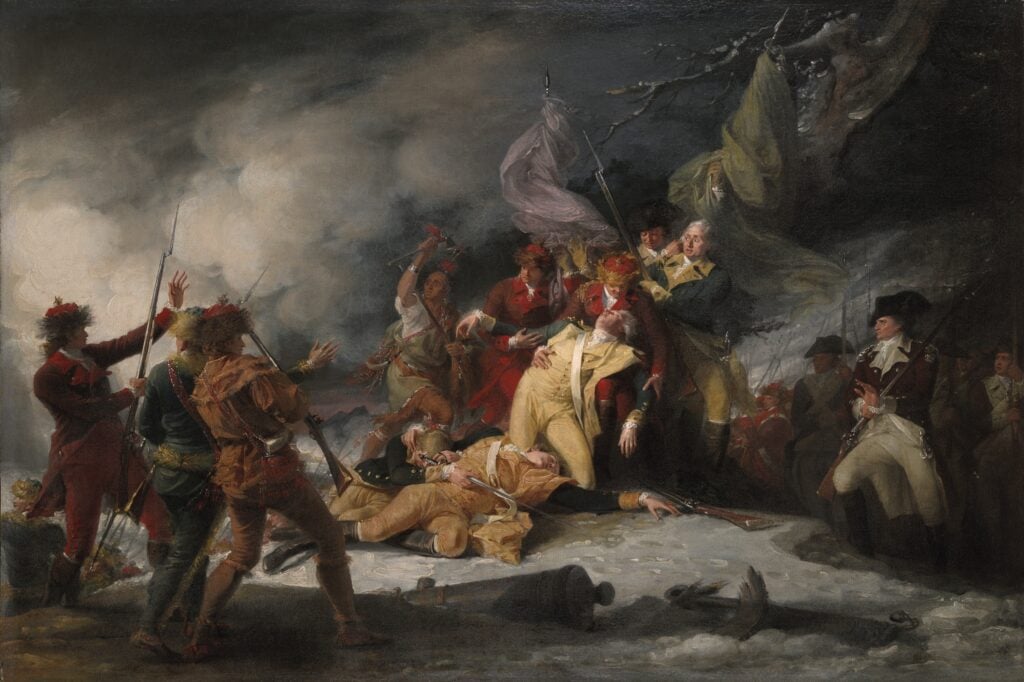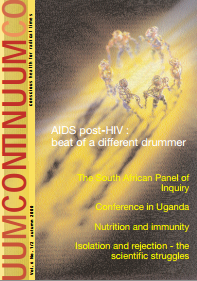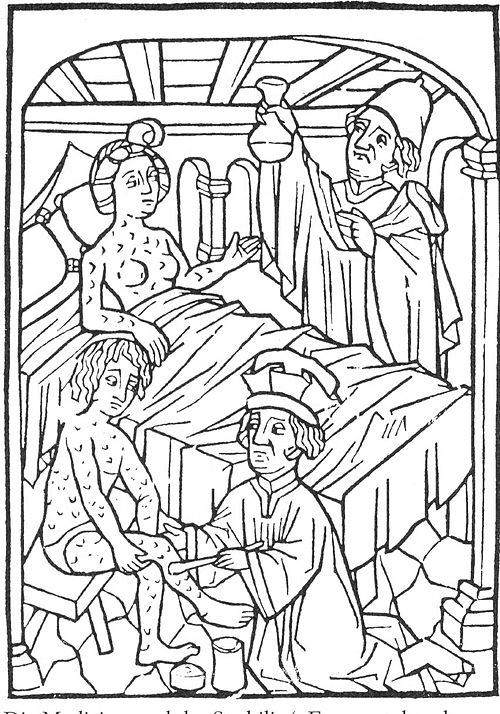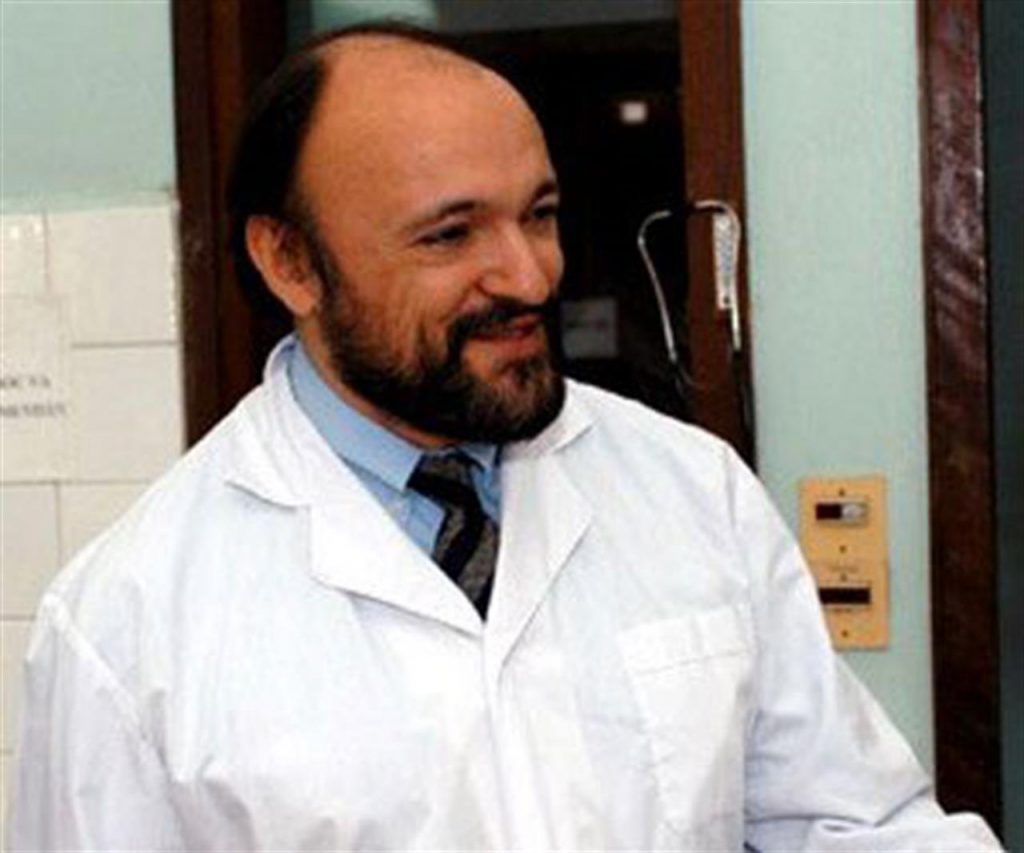How Did British Forces Use Smallpox to Their Advantage?
The Invasion of Quebec was the first military initiative by the Continental Army during the American Revolution. The goal during this time was to gain military control of the British Province of Quebec, which is now part of modern-day Canada. They wanted the French-speaking Canadians to join the revolution as well. But did you know […]
How Did British Forces Use Smallpox to Their Advantage? Read More »







